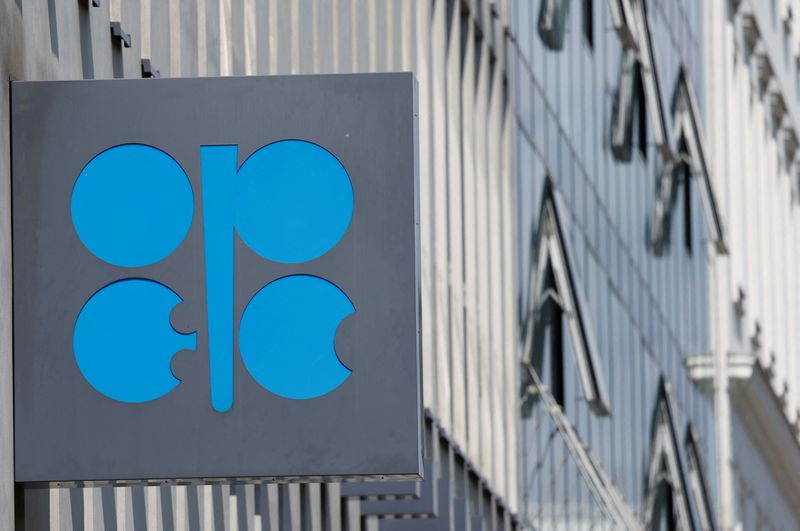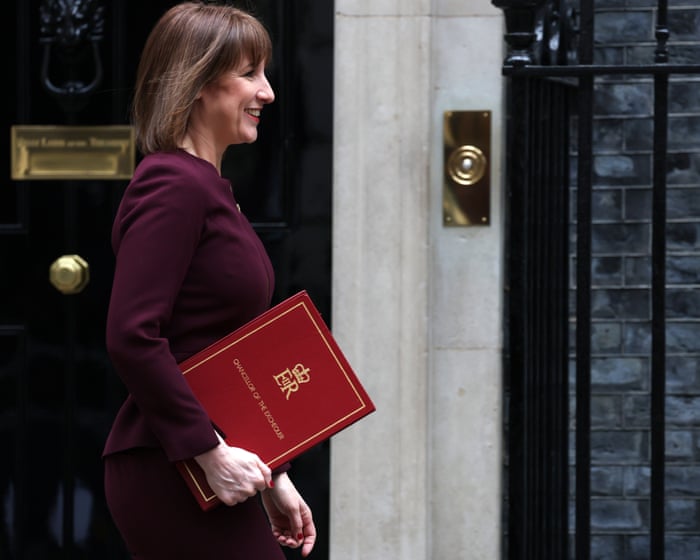Shriram Finance stock price target raised to ₹840 by CLSA on lower credit costs
PositiveFinancial Markets

Shriram Finance has received a boost as CLSA has raised its stock price target to ₹840, citing lower credit costs as a key factor. This adjustment reflects confidence in the company's financial health and potential for growth, making it an attractive option for investors. The news is significant as it indicates a positive outlook for the finance sector, especially in a time when managing credit costs is crucial for profitability.
— Curated by the World Pulse Now AI Editorial System






